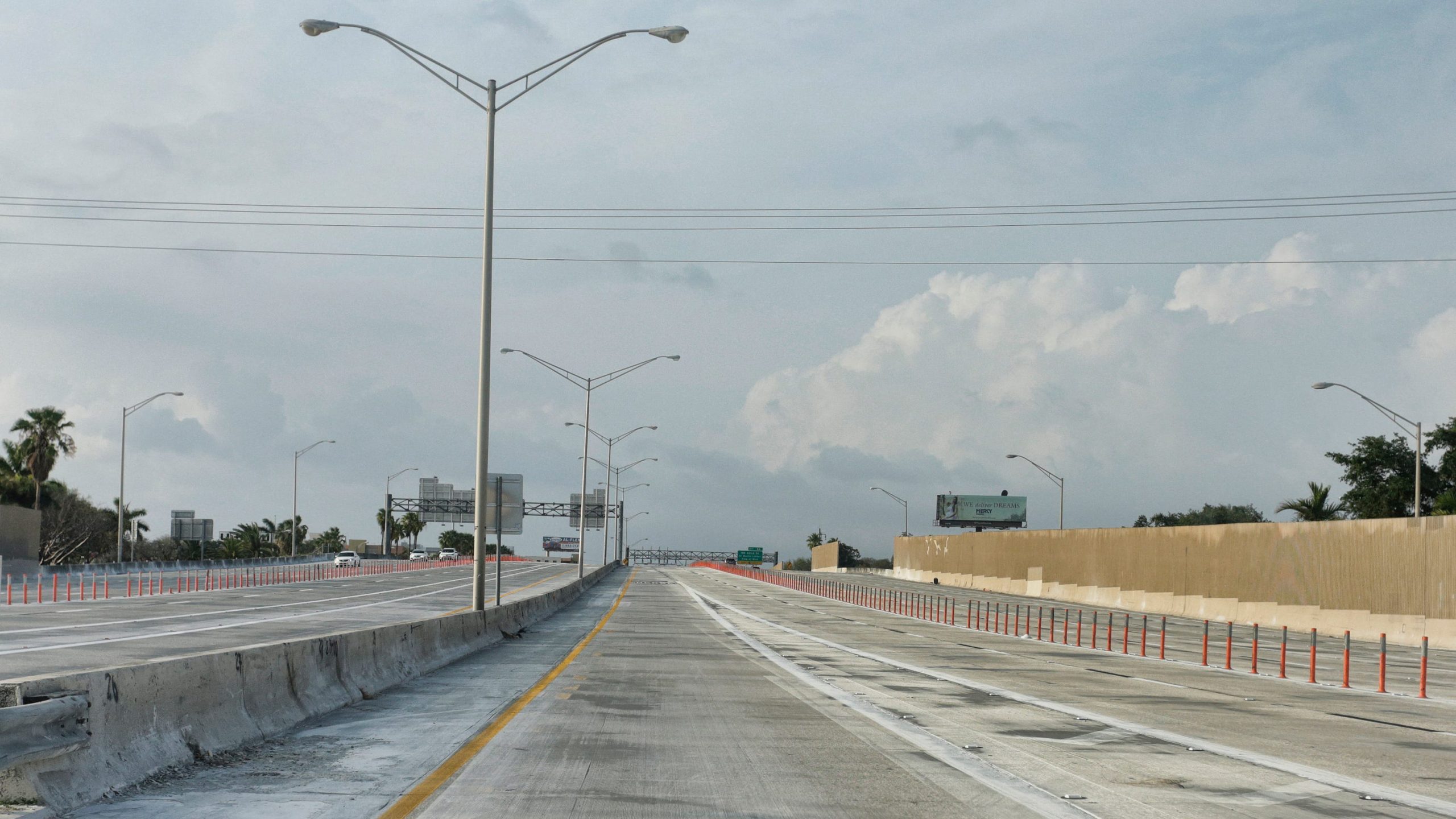CLOSE![]()
Social distancing matters. Here is how to do it and how it can help curb the COVID-19 pandemic.
USA TODAY
NAPLES, Fla. – The turning of calendar pages to April is usually the sign for snowbirds to leave Florida in droves for the north.
Unfortunately, the arrival of COVID-19 was missing from everyone’s version, leaving many still in Florida not only wondering what Gov. Ron DeSantis’ safer-at-home order means for them but whether they can drive back with other states adopting similar measures.
Before we get to that, let’s just get one important point out of the way.
While DeSantis’ order does not prevent snowbirds from leaving, health officials are still advising Americans to avoid all nonessential travel. Translation: Don’t do it.
To be clear, there are no restrictions on drivers passing through states. Some cities, though, have placed greater restrictions on nonessential travel, so it’s important to check before planning a stop.
In an attempt to answer the question, we looked at a few different routes from Florida to examine what a snowbird might face.
For a trip to be viable, it depends on these essential elements: food, gas, rest stops, lodging and time to drive.
Connie McCormack, whose home is in Rhode Island, is one of those snowbirds facing this dilemma. While she’s resigned to staying in Florida until at least the end of April, she said she has important upcoming medical appointments and would feel safer there and closer to her doctors.
And when she arrives home, she knows she’ll have to self-quarantine for 14 days.
“Hopefully we are able to find motels along the way,” she said. “We are pretty elderly and beyond the age of sleeping in our cars, but you do what you have to do.”
Worth noting is that 42 out of 50 states have enacted some form of a stay-at-home or shelter-in-place order as of Thursday.
For example, the shortest route to Wisconsin, using primarily Interstates 75 and 65, cuts through Georgia, Tennessee, Kentucky, Indiana and Illinois, all states with some form of safer-at-home or shelter-in-place order.
The quick answer to whether people can return to Wisconsin by sticking to the interstate is, in theory, yes.
Georgia, which recently extended its shelter-in-place order until April 30, does ban short-term rentals but that does not apply to hotels, motels and campgrounds.
Like Florida and the rest of the states on this route, Georgia has put restrictions on restaurants, allowing them to operate only for takeout or delivery.
Gas stations along this route are also labeled essential services in each state, allowing them to remain open.
Rest stops in Georgia remain open to the public, according to the Department of Transportation. This is the case in many states, but it’s important to contact each state’s Department of Transportation to get updated information about specific areas.
In Nebraska, for example, some stops on Interstate 80 were shut down briefly after the theft of toilet paper. In the Northeast, states like New Hampshire and Vermont have closed their rest areas.
Our next stop takes us to Tennessee, which enacted its safer-at-home order more than a week ago.
Like Georgia, its hotels and commercial lodging remain open, though lodging establishments have been asked to close their dining services.
The Bluegrass state is not under a shelter-in-place order, per se. It calls it, “healthy at home.” Kentucky’s first confirmed case of COVID-19 came from a person that had traveled to Florida for spring break.
Although hotels are labeled as essential businesses, some in Kentucky have shuttered in response to the pandemic. The Louisville Courier-Journal, for example, reported that the 612-room Omni Louisville Hotel suspended operations as of Friday.
The hospitality industry has taken a major hit with the U.S. Travel Association and Tourism Economics projecting there will be a loss of 5.9 million travel-related jobs by the end of April.
Indiana issued a new stay-at-home order this week, extending its previous one by an additional two weeks.
While hotel rooms are covered in the definition of homes or residences, campgrounds were closed on April 7 with the exceptions being made for recreational vehicles or cabins where the person has no viable place of residence. The new order also barred overnight stays in state parks.
Illinois hotels have also been hit hard by the pandemic with thousands upon thousands of workers losing their jobs.
With low occupancy rates, several large hotels in Chicago have gone dark during the state’s stay-at-home order, including The Ritz-Carlton, Ace, The Blackstone, Loews, Omni Chicago, The Talbott and Four Seasons.
Michael Jacobson, CEO and president of the Illinois Hotel & Lodging Association, told the Chicago Tribune that it was a possibility that half of the city’s hotels might temporarily halt operations.
As a bonus for Michiganders, they can use a similar route, traveling through Ohio after reaching Kentucky.
Gas stations and hotels are included in the list of businesses exempted in the state’s stay-at-home order.
While the CDC does not generally issue travel advisories for domestic travel, it does list several questions to ask yourself to determine if it is safe to travel including:
- Is COVID-19 spreading in the area where you’re going?
- If COVID-19 is spreading at your destination, but not where you live, you may be more likely to get infected if you travel there than if you stay home. If you have questions about your destination, you should check your destination’s local health department website for more information.
- Will you or your travel companion(s) be in close contact with others during your trip?
- Are you or your travel companion(s) more likely to get severe illness if you get COVID-19?
- Do you have a plan for taking time off from work or school, in case you are told to stay home for 14 days for self-monitoring or if you get sick with COVID-19?
- Do you live with someone who is older or has a serious, chronic medical condition?
- Is COVID-19 spreading where I live when I return from travel?
But when in doubt, stay inside, wash your hands and practice social distancing.
Follow reporter Devan Patel on Twitter: @DevanJPatel
Autoplay
Show Thumbnails
Show Captions
Read or Share this story: https://www.usatoday.com/story/travel/2020/04/13/coronavirus-statewide-stay-at-home-orders-snowbirds-drive-home/2982379001/






… [Trackback]
[…] Read More on that Topic: famousreporters.com/snowbirds-can-leave-under-floridas-safer-at-home-order-but-can-they-get-home/ […]
… [Trackback]
[…] Read More Info here to that Topic: famousreporters.com/snowbirds-can-leave-under-floridas-safer-at-home-order-but-can-they-get-home/ […]